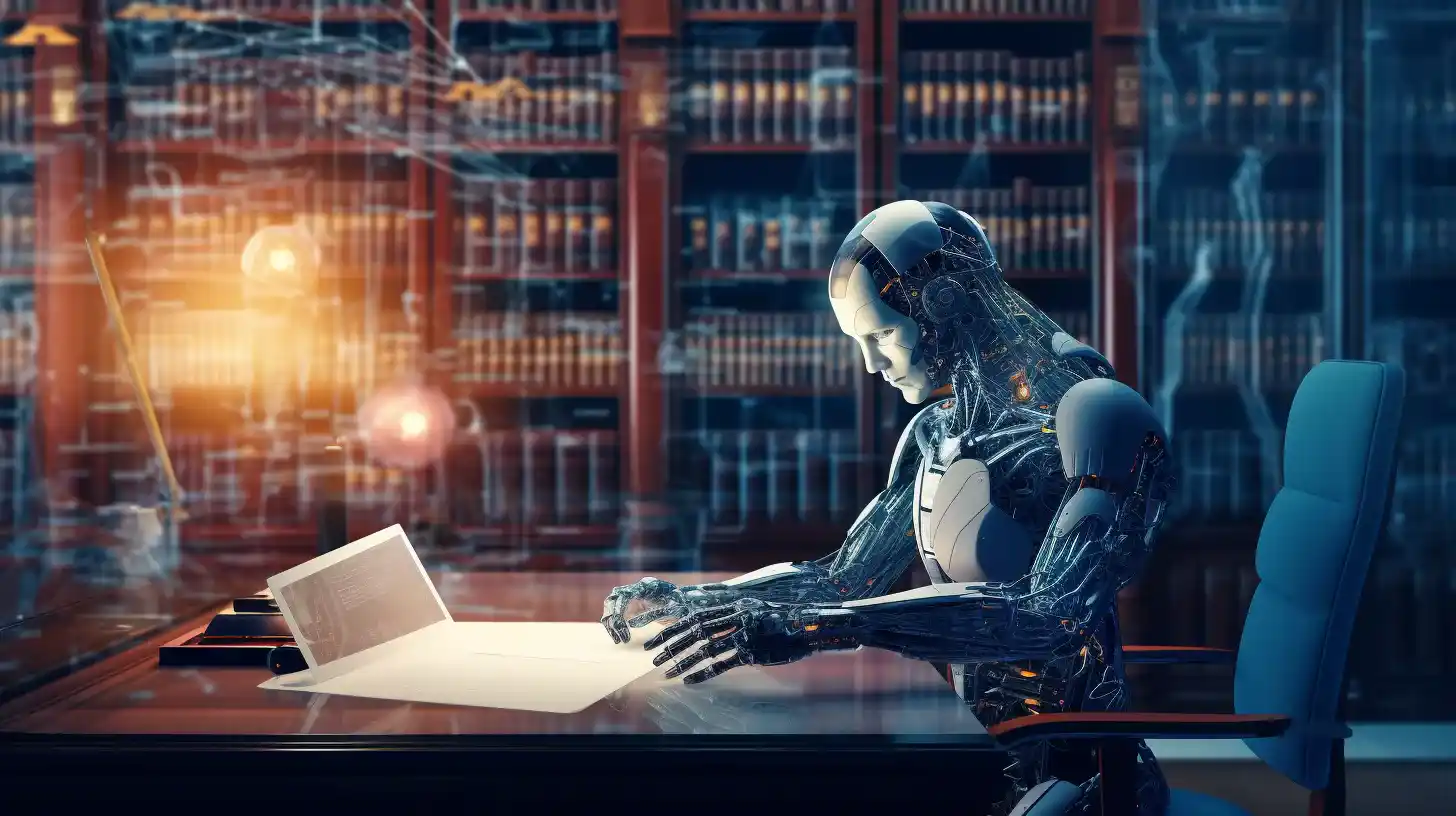Table of Contents
Navigating the Complexities of AI and Legal Personhood
The recent guidance from the US Patent Office and Trademark Office regarding the patentability of AI-generated inventions has sparked significant discussion within the legal and technological communities. While the question of AI’s legal personhood may seem straightforward at first glance, the reality is far more nuanced.
Defining “Individual” in the Context of US Patent Office Law
The crux of the matter lies in determining whether AI systems can qualify as “individuals” for the purposes of patent law. The US Patent Office and Trademark Office’s guidance makes it unequivocally clear that, in the eyes of the law, only “natural humans” can receive official patent protections. This distinction is grounded in the fundamental principle that patents aim to incentivize and reward human ingenuity.
AI: Tools, Not Inventors
Despite the remarkable capabilities of AI technologies, the US Patent Office and Trademark Office’s stance reaffirms that AI systems themselves cannot be considered inventors. Instead, at least one human must be named as the inventor of any patented claim. This decision aligns with legal precedent and underscores the indispensable role of human creativity in the innovation process.
Joint Invention and AI-assisted inventions
The guidance addresses the scenario where AI assists in the invention process, raising questions about joint inventorship. While AI-assisted inventions are not categorically unpatentable, the lack of human inventorship precludes AI systems from being named inventors. Human involvement, whether in designing the AI model or contributing to the invention’s conception, remains essential for patent eligibility. Collaborating with experienced professionals adept in the intricacies of patent law, such as Intellectual Property Lawyers like Heer Law, can significantly enhance the potential value and protection of innovations resulting from AI-assisted processes. Their expertise ensures a robust approach to negotiating complex legal landscapes while maintaining human creativity at the forefront of intellectual property strategies.

Significance of Human Contribution
The US Patent Office and Trademark Office emphasizes the importance of human contributions in the invention process. Merely recognizing a problem or appreciating the output of an AI system does not suffice as inventorship. A significant contribution demonstrated through the construction of prompts or substantial involvement in refining AI-generated output, is necessary for individuals to qualify as inventors.
Intellectual Domination and Patent Eligibility
The guidance clarifies that mere ownership or oversight of an AI system does not confer inventorship rights. Intellectual domination over AI output does not equate to inventorship unless accompanied by a substantial contribution to the invention’s conception. This standard ensures that patents are awarded to individuals who actively engage in the inventive process.
Reasonability Standard and Precedent
In applying existing patent statutes to AI technologies, the US Patent Office and Trademark Office invoke a reasonability standard familiar to patent applicants. While the guidance may seem novel in the context of AI, it builds upon established principles of patent law. By providing clarity on AI inventorship, the USPTO aims to uphold the integrity of the patent system in the face of technological advancements.
Balancing Innovation and Legal Principles
The US Patent Office and Trademark Office’s guidance reflects a delicate balance between fostering innovation and preserving legal principles. By maintaining a human-centric approach to inventorship, the patent system continues to incentivize creativity while adapting to the complexities of AI technology. This approach ensures that patents remain a reflection of human ingenuity and achievement.
Future Implications and Adaptation
While the current guidance sets a precedent for AI inventorship, the evolving nature of technology may necessitate future adjustments. The USPTO acknowledges that its interpretation of AI inventorship is contingent upon existing statutes and precedents. Should legislative changes occur, the USPTO stands ready to adapt its policies accordingly.
Conclusion: Humans at the Forefront of Innovation
In conclusion, the US Patent and Trademark Office’s guidance reaffirms the central role of human inventors in the patenting process. While AI technologies offer valuable tools for innovation, they do not replace the creative agency of individuals. By recognizing the unique contributions of human ingenuity, the patent system continues to drive progress and reward those who push the boundaries of knowledge and discovery.